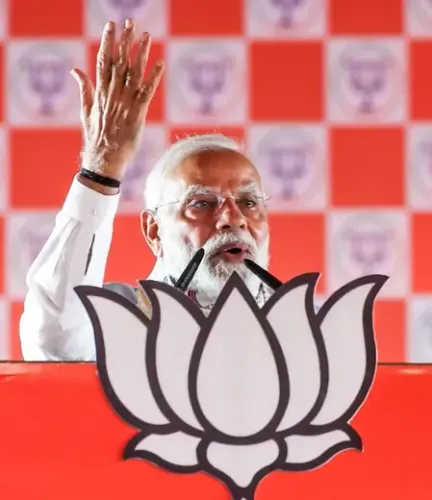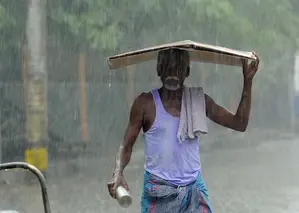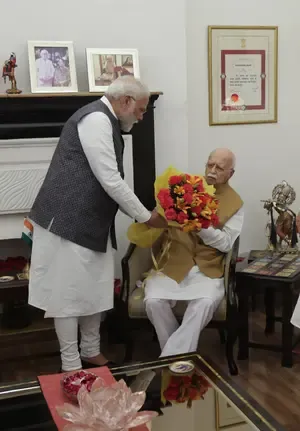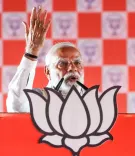Will PM Modi Inaugurate the Conference on Strengthening Legal Aid Delivery Mechanisms at the SC Today?
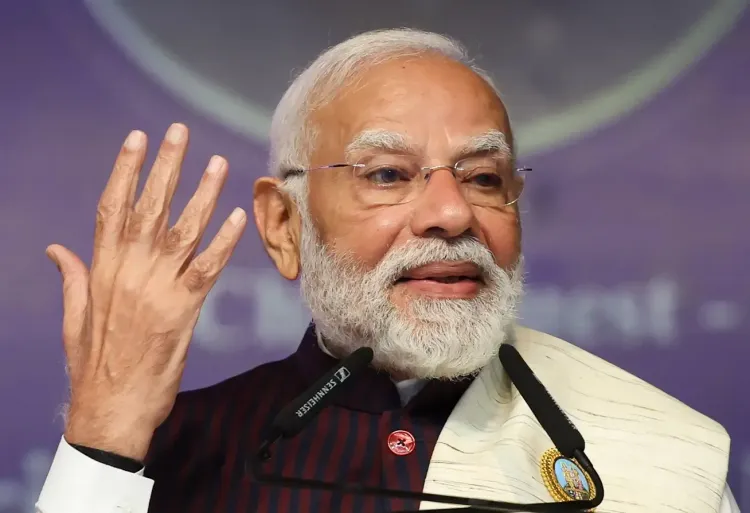
Synopsis
Key Takeaways
- PM Modi will inaugurate the conference today.
- The event will launch a Community Mediation Training Module.
- Key discussions will address legal aid infrastructure.
- The Legal Services Authorities Act was enacted to ensure free legal services.
- NALSA plays a crucial role in implementing legal aid programs.
New Delhi, Nov 8 (NationPress) Prime Minister Narendra Modi is set to officially open the National Conference on 'Strengthening Legal Aid Delivery Mechanisms' at the Supreme Court of India today around 5 p.m. During this important gathering, the Prime Minister will unveil a Community Mediation Training Module developed by the National Legal Services Authority (NALSA). He will also take the opportunity to address the attendees.
This two-day conference, organized by NALSA, aims to discuss critical elements of the legal services framework, such as the legal aid counseling system, panel lawyers, paralegal volunteers, permanent Lok Adalats, and the financial management of legal services institutions.
In 1987, the Parliament enacted the Legal Services Authorities Act, which came into effect on November 9, 1995. This legislation was introduced to establish a nationwide and uniform system for providing free and competent legal services to underprivileged sections of society, ensuring equal opportunity.
NALSA was formed under this Act to oversee and evaluate the execution of legal aid programs and to set forth policies and principles for making legal services accessible under the law.
Every state has a State Legal Services Authority responsible for implementing NALSA's policies and directions, offering free legal assistance to citizens, and organizing Lok Adalats. The Chief Justice of the respective High Court leads the State Legal Services Authority as the Patron-in-Chief, while the seniormost judge acts as the Executive Chairman.
Moreover, in each district, a District Legal Services Authority (DLSA) operates to carry out legal services initiatives at the district level. Located within the District Courts Complex, the DLSA is chaired by the District Judge, with a Judicial Officer from the Civil Judge Cadre appointed as Secretary on a full-time basis.
A Supreme Court Legal Services Committee has also been formed to manage and implement legal services programs concerning the Supreme Court of India.

